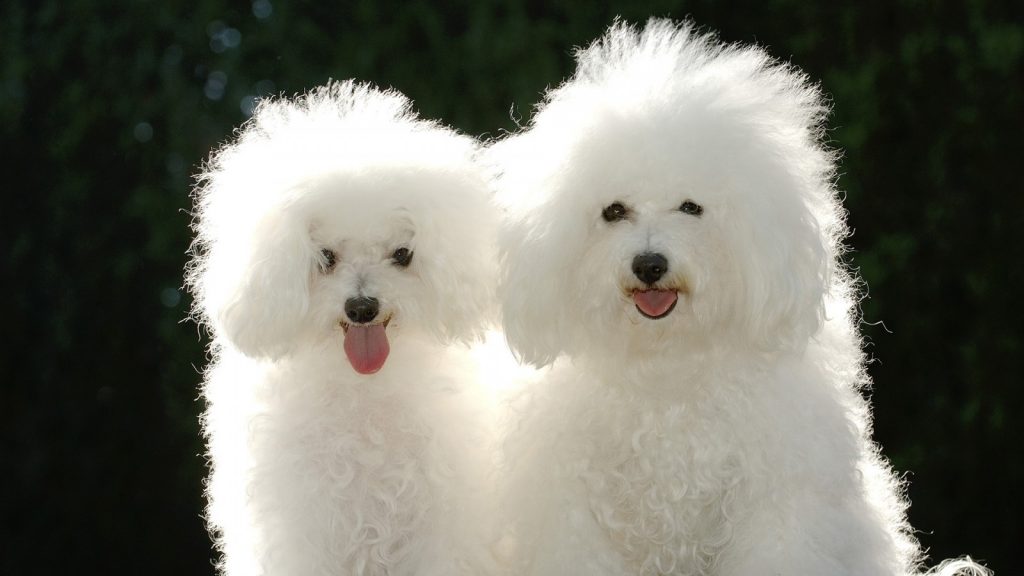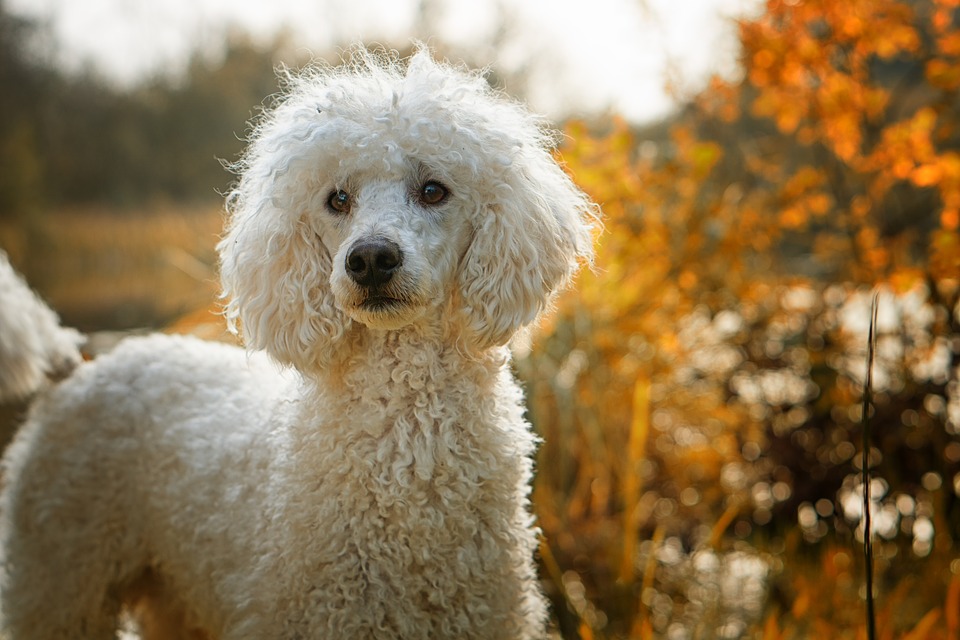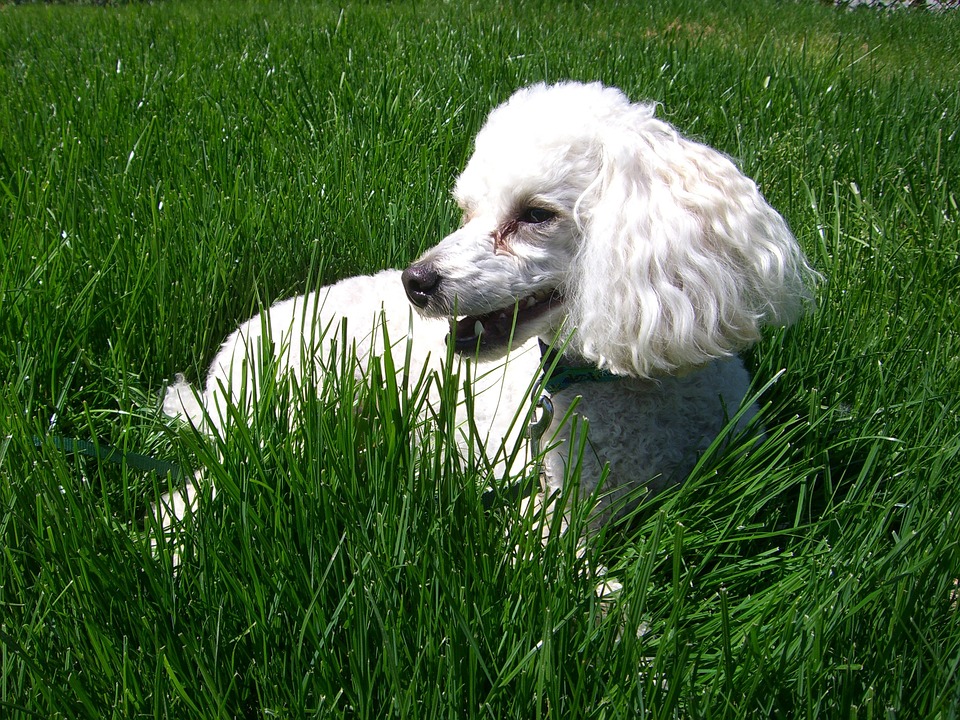
Poodle: Your new pet
History of the Breed:
The Toy Poodle, a diminutive version of the Standard Poodle, has a long and illustrious history dating back over 500 years. Originally bred in Germany as a water retriever, the Poodle’s distinctive grooming style evolved from practical necessity to an iconic fashion statement. Over time, the Toy Poodle’s charming demeanor and intelligence made it a favored companion among European nobility and later, the wider populace.
Physical Characteristics:

Toy Poodles are small yet sturdy dogs, possessing a graceful and elegant appearance. They typically stand between 9 to 11 inches tall at the shoulder and weigh around 4 to 6 pounds. Despite their small size, they exhibit a dignified carriage and a proud bearing. Their dense, curly coat comes in a variety of colors, including white, black, apricot, and silver, and requires regular grooming to maintain its luxurious texture.
Health and Basic Care:
Toy Poodles are generally healthy dogs with a lifespan of around 12 to 15 years. However, they may be prone to certain health issues such as hip dysplasia, patellar luxation, progressive retinal atrophy (PRA), and certain skin conditions. Regular veterinary check-ups, a balanced diet, exercise, dental care, grooming, and parasite prevention are essential for maintaining their health and well-being.
Temperament and Personality:

Toy Poodles are renowned for their intelligence, affectionate nature, and lively disposition. They are highly adaptable dogs that thrive on human companionship and enjoy being an integral part of the family. They are often described as playful, alert, and eager to please, making them excellent companions for families, singles, and seniors alike.
Training and Socialization:
Toy Poodles are highly trainable dogs with a quick wit and a desire to please their owners. They excel in obedience training, agility, and various dog sports. Early socialization with people, other animals, and different environments is crucial to help them develop into well-adjusted and well-behaved dogs. Consistent, positive reinforcement training methods yield the best results with Toy Poodles.
Nutrition:
A balanced diet tailored to their size, age, and activity level is essential for Toy Poodles’ health and well-being. Feeding them high-quality dog food formulated for small breeds will provide them with the nutrients they need to thrive. Portion control is important to prevent obesity, which can lead to health issues, and fresh water should always be available.

Suitable Environment:
Toy Poodles are well-suited to various living situations, including apartments, houses, and urban environments. They are adaptable dogs that can thrive in both indoor and outdoor settings, but they prefer to be close to their families. They enjoy daily walks and playtime, but they are also content to snuggle up indoors with their loved ones.
Frequently Asked Questions:
Are Toy Poodles a good pet?
- Yes, Toy Poodles make excellent pets for families, singles, and seniors alike. They are intelligent, affectionate, and adaptable dogs that thrive on human companionship and make loyal and loving companions.
How big will a Toy Poodle get?
- Toy Poodles typically stand between 9 to 11 inches tall at the shoulder and weigh around 4 to 6 pounds when fully grown.
Is Toy Poodle high maintenance?
- Toy Poodles require regular grooming to maintain their curly coat, including brushing, clipping, and occasional bathing. They also need regular exercise, mental stimulation, and veterinary care to keep them healthy and happy.
Do Toy Poodles bark a lot?
- Toy Poodles may bark occasionally to alert their owners to visitors or other stimuli, but excessive barking can be managed through proper training and socialization.
What not to do with a Toy Poodle?
- Avoid leaving a Toy Poodle alone for long periods, as they thrive on companionship and may develop separation anxiety. Additionally, refrain from overfeeding them, as Toy Poodles are prone to obesity, which can lead to health issues.
Are Toy Poodles hard to train?
- No, Toy Poodles are highly trainable dogs with a quick wit and a desire to please their owners. Consistent, positive reinforcement training methods yield the best results with this intelligent breed.
Do Toy Poodles get aggressive?
- Toy Poodles are generally friendly and well-socialized dogs, but any dog can exhibit aggression if not properly trained and socialized. Early socialization and positive reinforcement training are important to prevent aggression in Toy Poodles.
Are Toy Poodles good indoor dogs?
- Yes, Toy Poodles are excellent indoor dogs that enjoy being close to their families. They adapt well to apartment living and thrive on human companionship and attention.
Is Toy Poodle hypoallergenic?
- Yes, Toy Poodles are considered hypoallergenic dogs because they have hair instead of fur and produce less dander. However, no dog breed is completely hypoallergenic, so individuals with allergies should spend time with a Toy Poodle before bringing one into their home.
